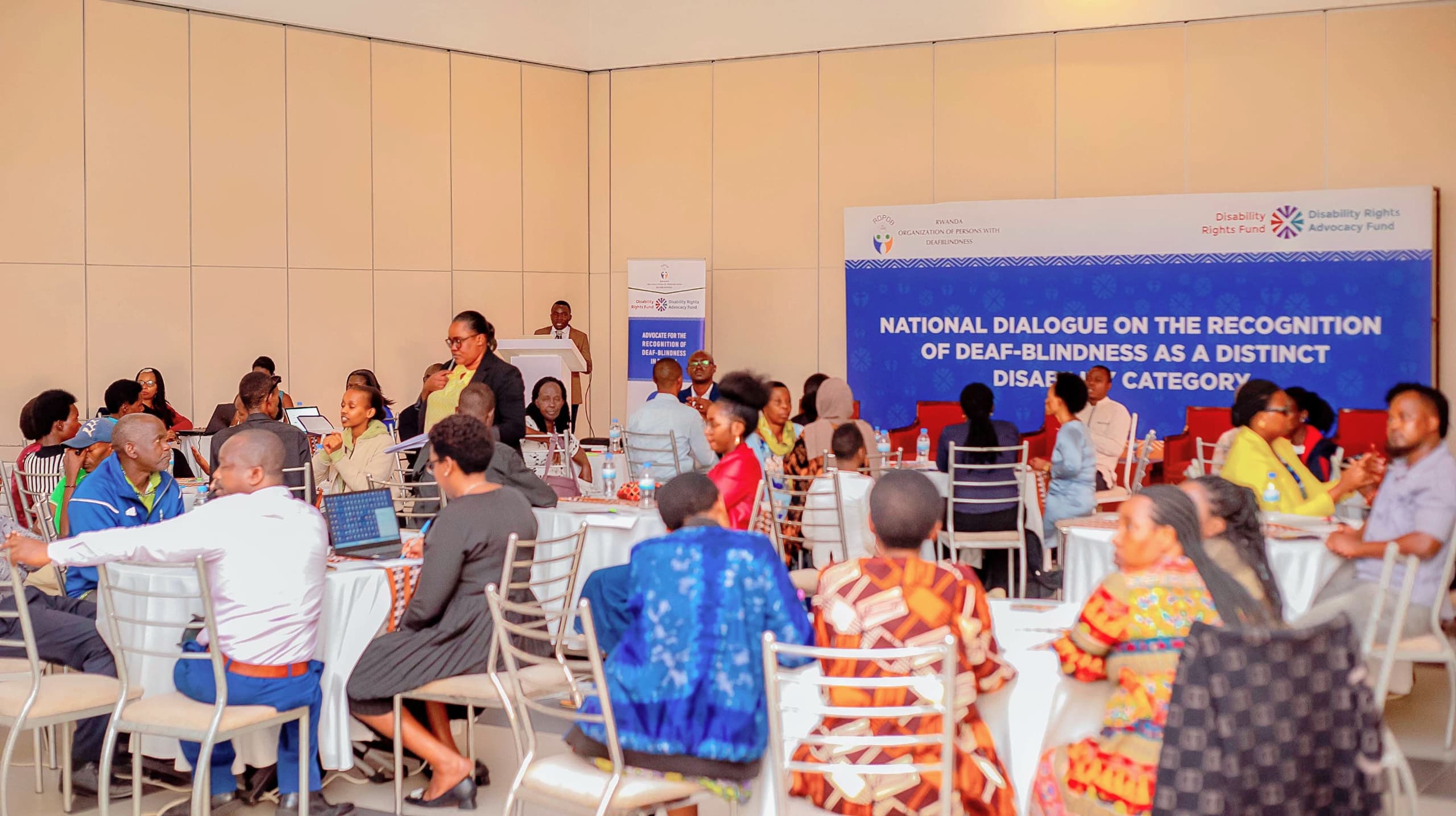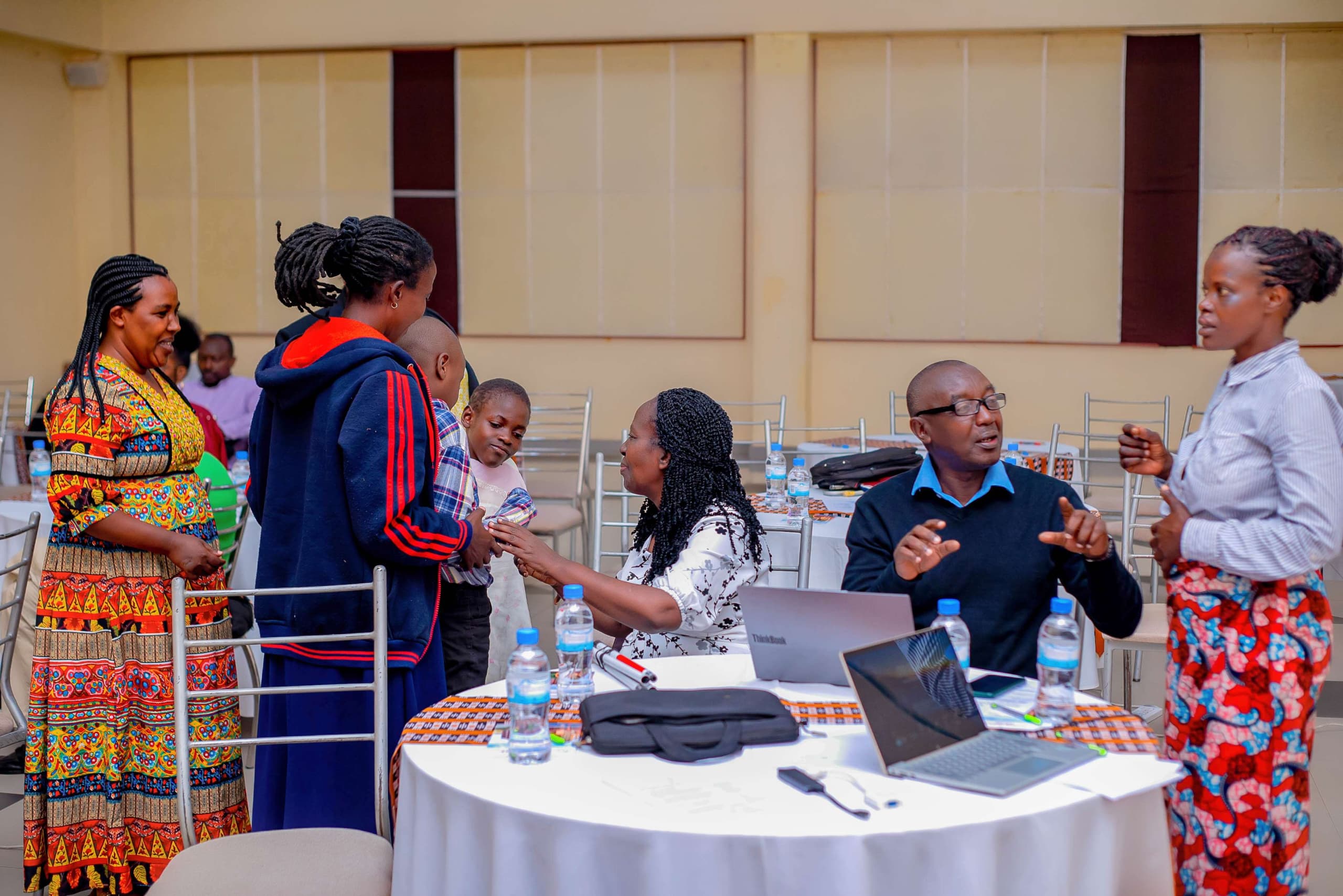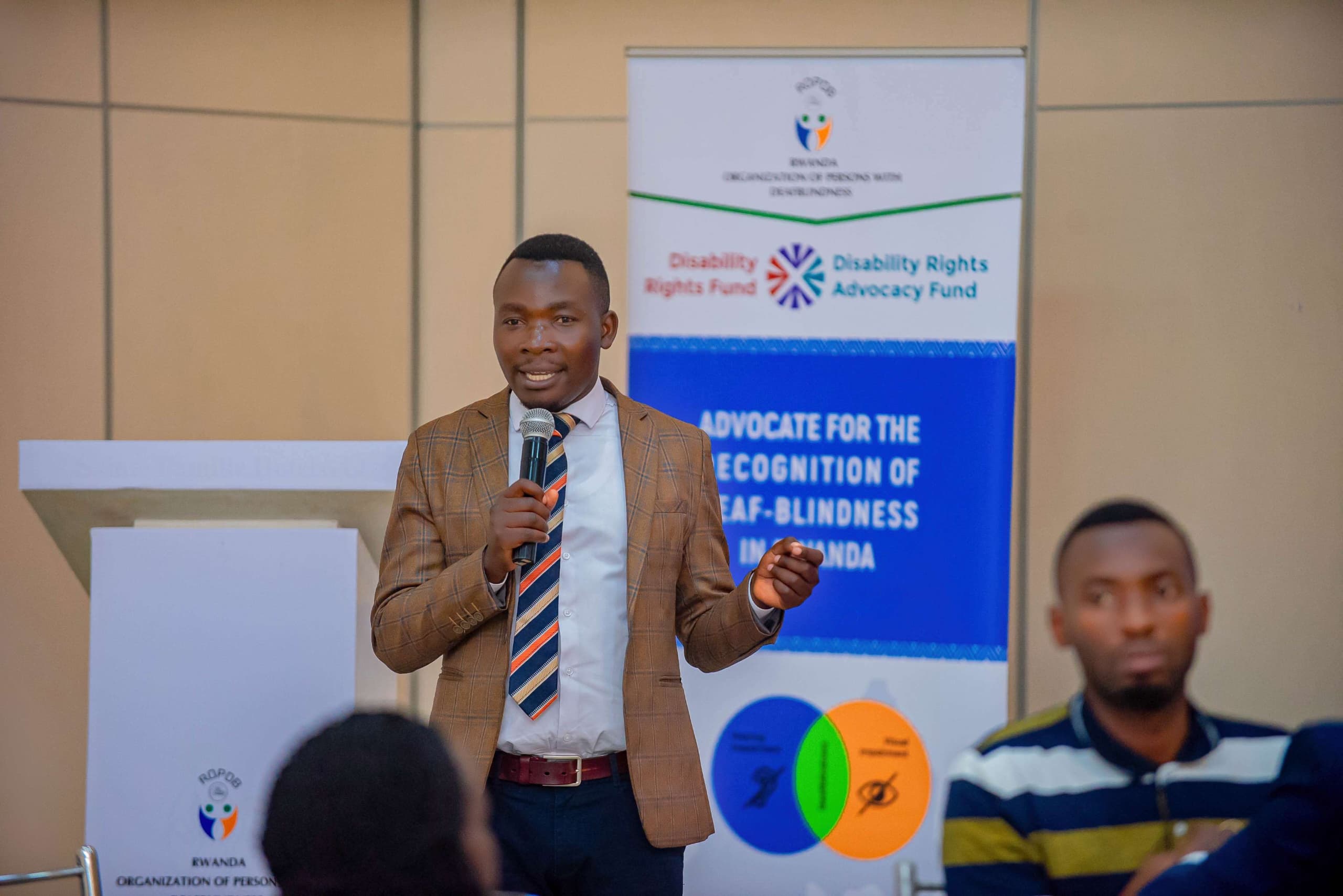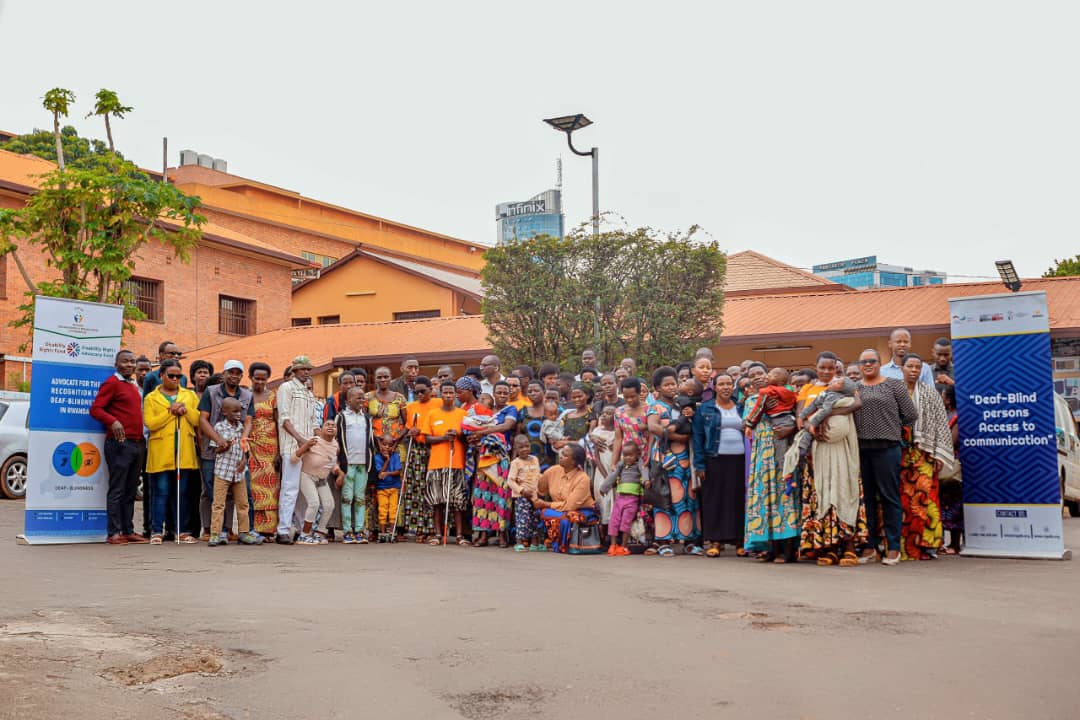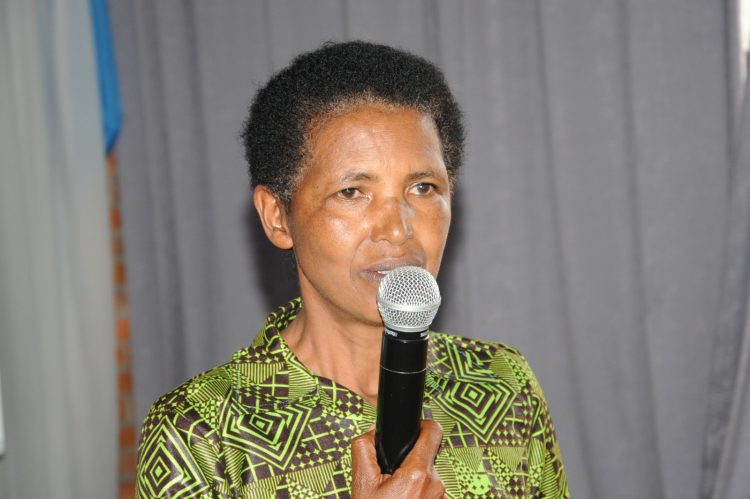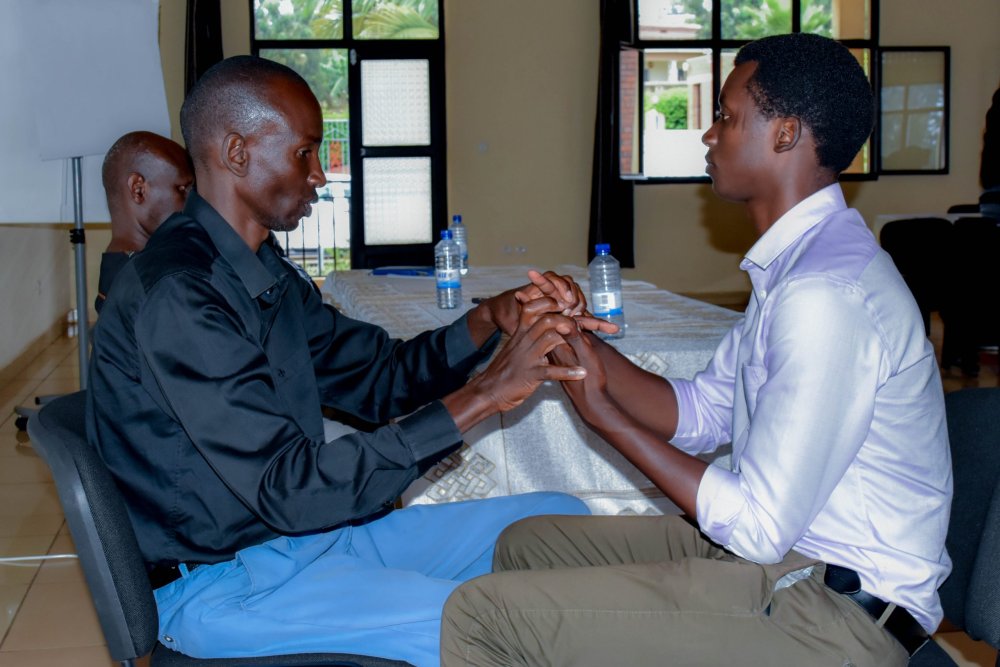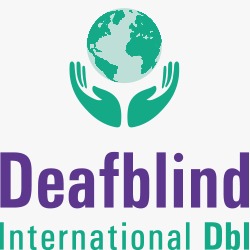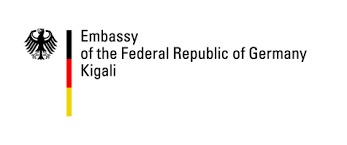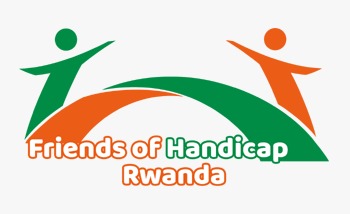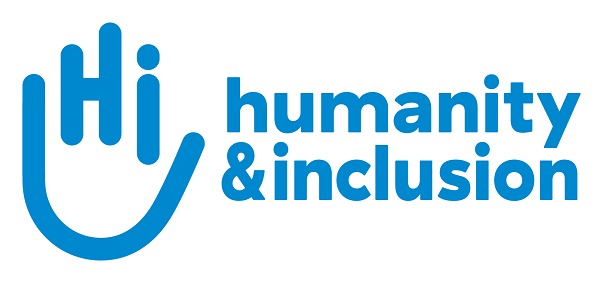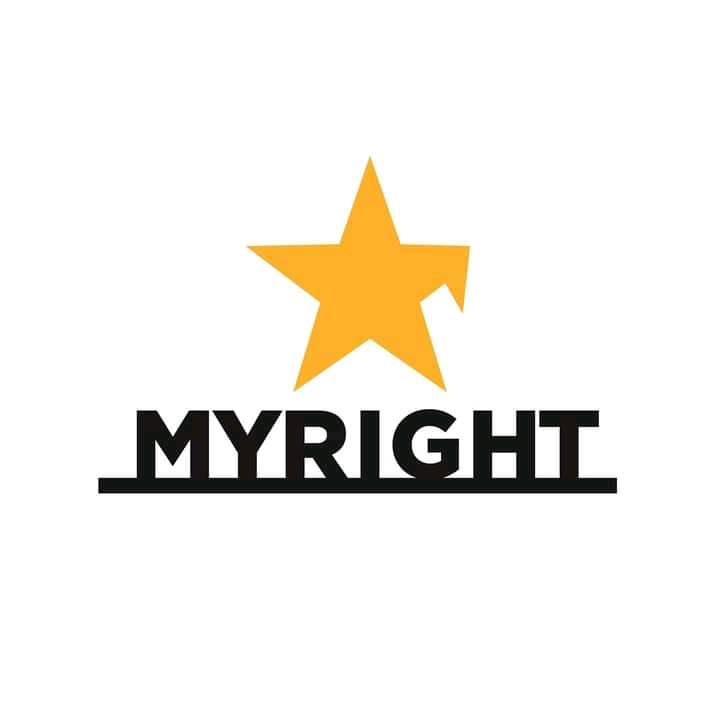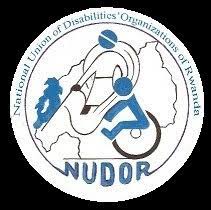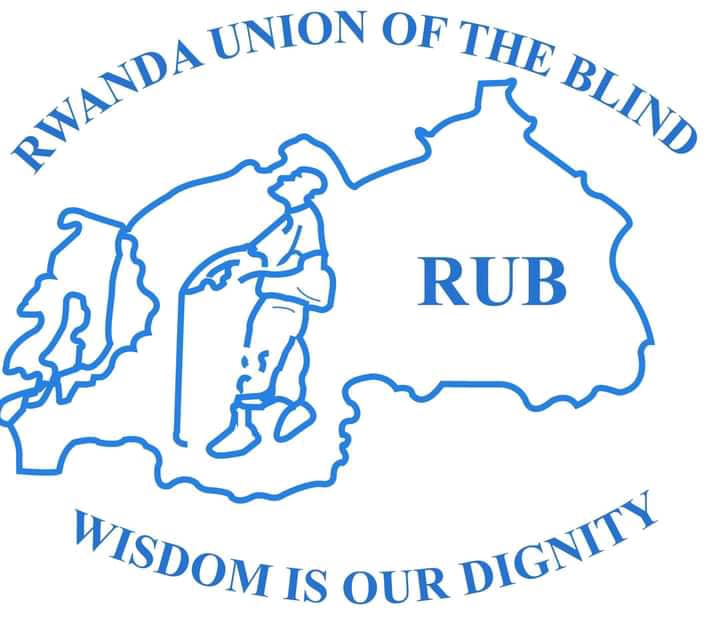- Welcome to Rwanda Organization of Persons with deaf Blindness
News/Blog
A National Dialogue on the Recognition of Deaf-Blindness as a Distinct Disability Category in Rwanda | 28 - 11 - 2024
Since 2011, organizations such as the Rwanda Union of the Blind (RUB), Rwanda National Union of the Deaf (RNUD), and Rwanda National Association of Deaf Women (RNADW) recognized the growing need to support individuals with dual disabilities of deaf-blindness. This led to the establishment of the Rwanda Organization of Persons with Deaf-Blindness (ROPDB) in 2018.
Deaf-blindness, a unique disability combining hearing and visual impairments, poses significant challenges, including barriers to communication, education, employment, and social participation. Recognizing it as a distinct disability category in Rwanda's policies is crucial for fostering support and inclusion.
A national dialogue involving policymakers, service providers, and stakeholders aims to address these challenges and develop a roadmap for improving the recognition and support of individuals with deaf-blindness.
Purpose of this National Dialogue
As mentioned by topafricanews.com, Individuals with deaf-blindness were previously grouped under the fifth category of persons with disabilities in Rwanda, classified simply as “Others.” The 2022 national population and housing census did not capture specific data on those with multiple disabilities. However, ROPDB, through its own research in five districts across the country, identified approximately 400 individuals with such disabilities.
None of these individuals have accessed formal education because there are no schools in Rwanda designed to accommodate them. Additionally, there are no teachers trained to support them, nor are there learning materials adapted to their needs. Current materials developed by the Rwanda Basic Education Board (REB) cater to other types of disabilities but exclude this specific group.
For more written by topafricanews.com on this day
Abarezi ibihumbi 29 bamaze guhugurirwa kwita ku bafite ubumuga

